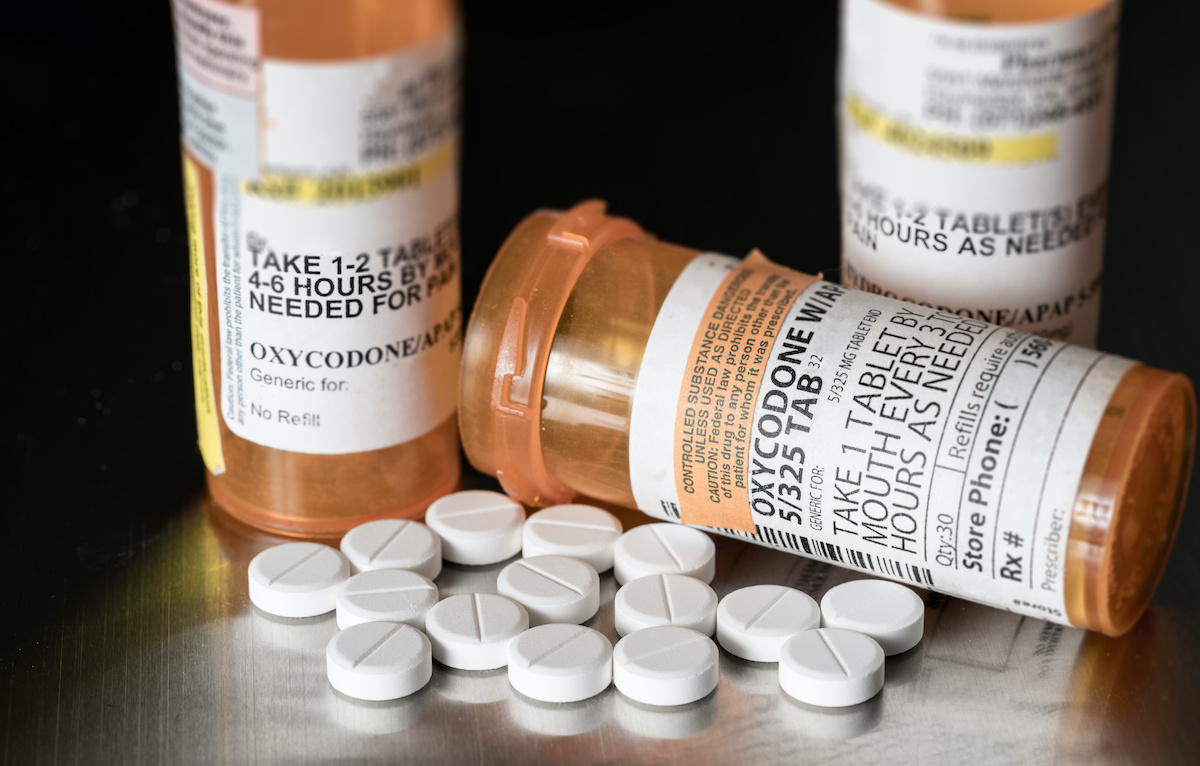
Governor Brian Kemp on Monday signed major opioid legislation to secure $636 million for state and local governments to bolster critical treatment and prevention efforts. The funds will come from the $26 billion multistate opioid settlement with the nation’s three major pharmaceutical distributors – Cardinal, McKesson, and AmerisourceBergen – and opioid manufacturer and marketer Johnson & Johnson.
Under the national settlement agreement, the state is required to enact a litigation bar that prevents local governments from pursuing any further legal action. This litigation bar, provided by Senate Bill 500, ensures Georgia and local governments are able to receive 100 percent of the settlement dollars available for allocation.
“These funds will help us fight the good fight against the disease of addiction, help us make our communities more secure, and help us see that justice is done for the victims of these opioid manufacturers and distributors,” says Kemp.
MORE: Georgia joins $26B opioid settlement
Worsened by the pandemic, fatal and non-fatal drug overdoses have been increasing nationally and statewide in recent years. From 2019 to 2021, fatal drug overdoses in Georgia increased by 55.9% and killed 2,327 people. Opioids, specifically fentanyl, appear to be driving these increases, officials say. During this same time period, fentanyl-involved overdose deaths increased by 218.4% – claiming 1,248 Georgia lives.
With addiction on the rise, an alarming number of overdoses reported since the start of the pandemic, and the influx of deadly fentanyl flooding the state, State Attorney General Chris Carr says Georgia families and communities are in “desperate need of help before more lives are lost.”
“With this $636 million, Georgia will now have additional resources to strengthen our response and address this crisis head on,” he says. “We appreciate the House and Senate for their unanimous support of this critical measure.”
Kemp says, now, “impacted Georgians can begin the process of healing.”
With SB 500 signed into law, the state will receive an initial allocation of $66 million from the Johnson & Johnson funds within 90 days, as opposed to over several years. In addition, more than 230 local governments, public service organizations, hospital associations, sheriffs’ offices and community service boards are due to receive financial relief through regional distribution or direct payments.






